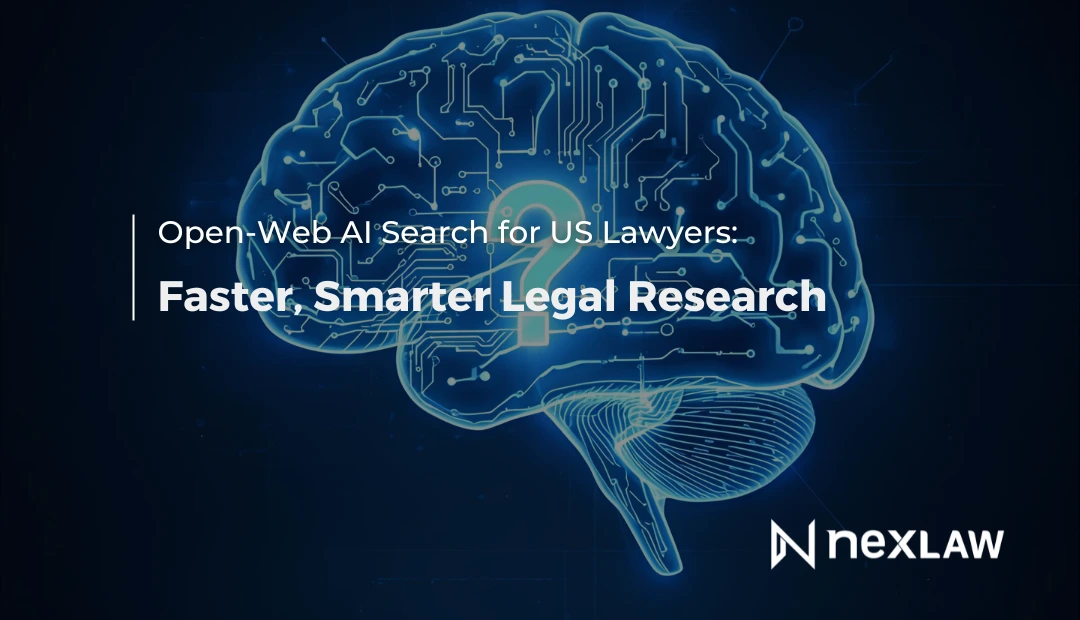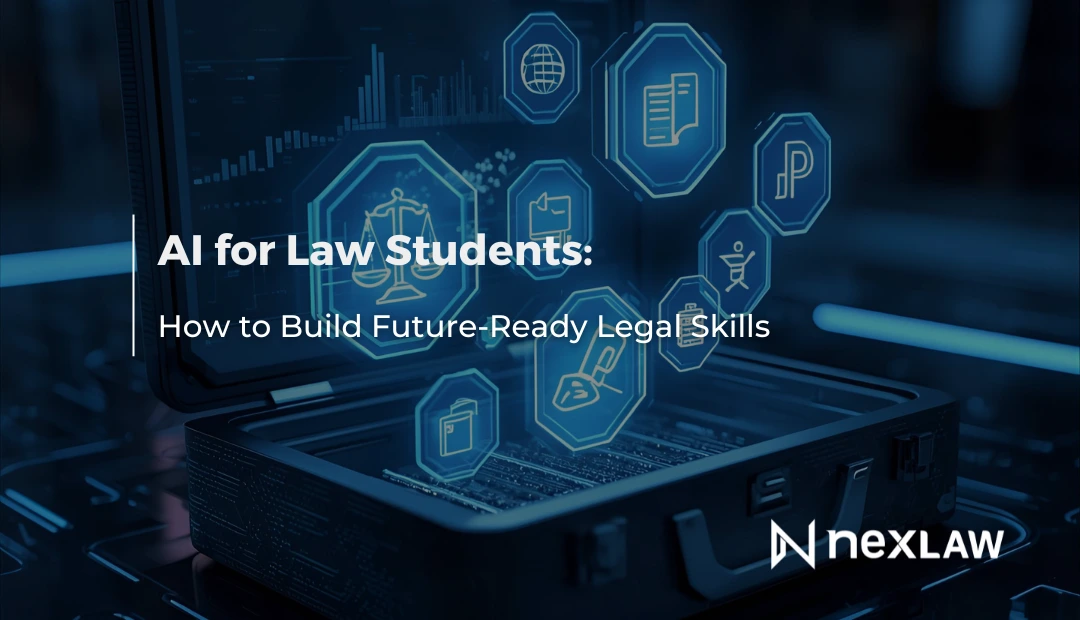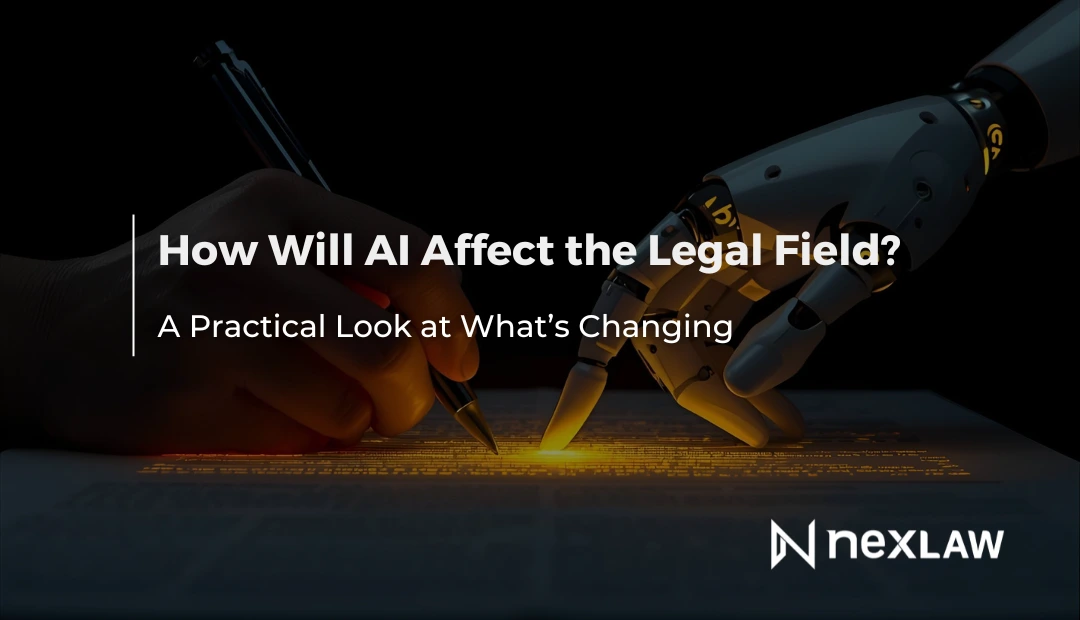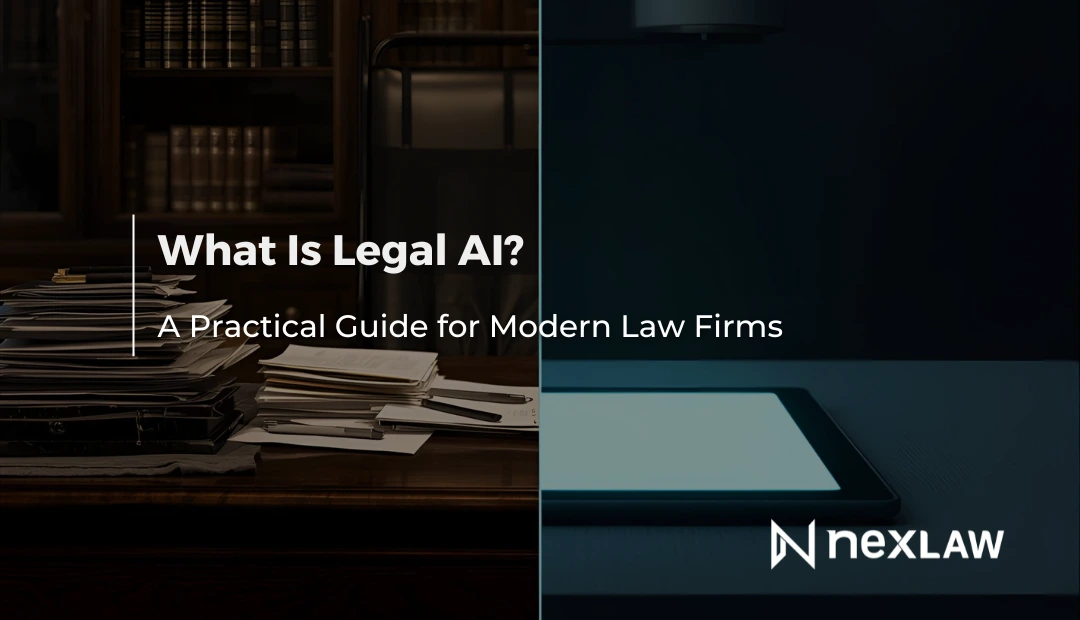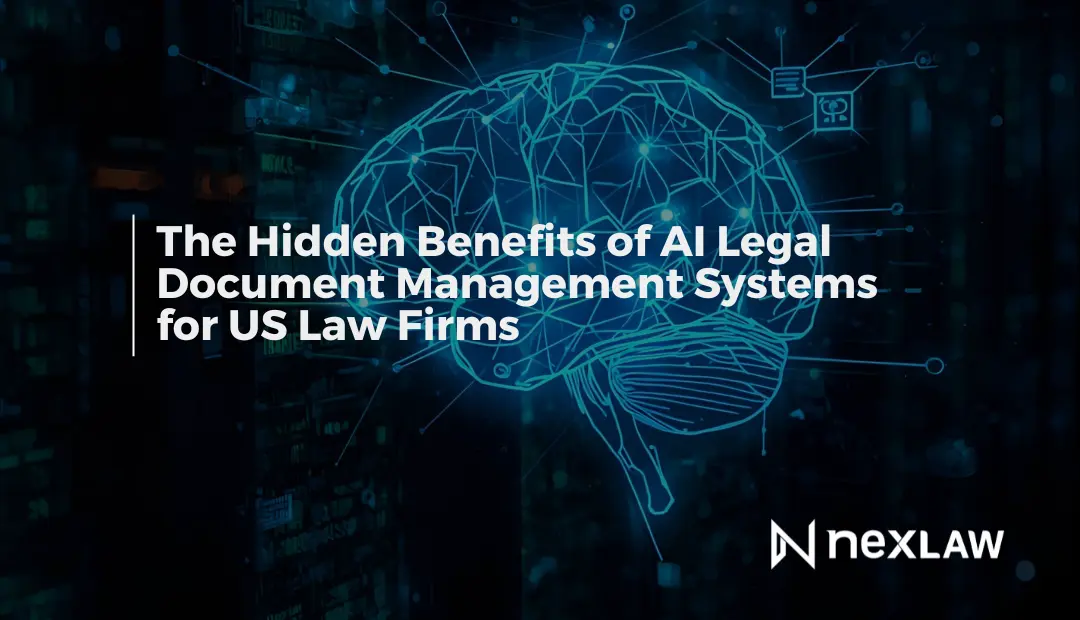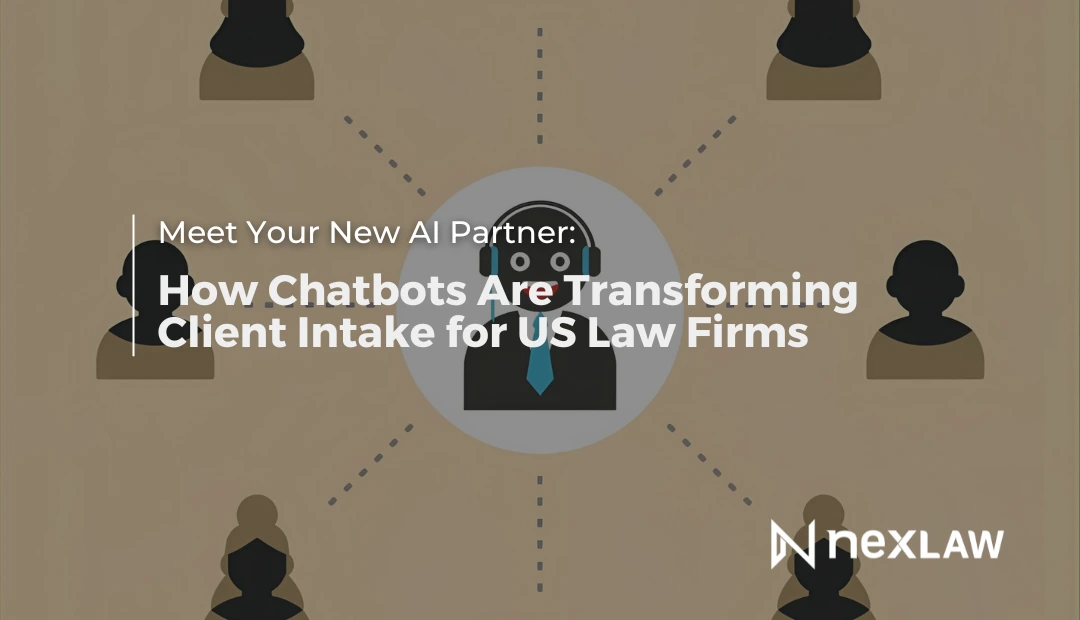Open-Web AI Search for US Lawyers: Faster, Smarter Legal Research
Legal research is time-consuming. Whether drafting motions, preparing for trial, or evaluating case strategy, attorneys and paralegals routinely spend hours combing through databases, interpreting precedents, or cross-referencing regulations.
Unlock Legal Insights Instantly!
Traditionally, this work has relied on closed-source legal databases—expensive, exclusive tools with structured archives. While these tools have value, they also present limitations:
- Paywalls restrict access to key materials
- Interfaces are not built for speed or modern workflows
- Searches are still keyword-heavy, not concept-driven
- Many lack integration with drafting and case management tools
In 2025, forward-thinking law firms are increasingly turning to open-web AI search engines—platforms that pull from freely accessible and reputable legal resources, analyze data using machine learning, and surface results that reflect intent, not just keywords.
What Is Open-Web AI Legal Search?
Open-web AI legal search refers to using AI-powered platforms to scan, analyze, and retrieve legal content across the entire internet, not just inside gated legal databases.
These tools are powered by large language models, semantic search algorithms, and trained legal filters that:
- Understand the meaning behind search terms
- Pull from government sites, academic journals, case law databases, and reputable legal publications
- Deliver results ranked by legal relevance, not popularity
- Summarize content on demand or highlight key arguments
Why It Matters for US Lawyers in 2025
1. Access to More Sources
Open-web tools can extract information from a wider range of sources: court websites, legal blogs, law school repositories, bar association archives, public filings, and more.
2. Faster Conceptual Research
Instead of searching “res ipsa loquitur Nevada 2021” across five tabs, lawyers can search “recent negligence reversals in Nevada tort law”—and the AI understands what they mean.
3. Cost Efficiency
Firms can reduce their dependency on high-cost research platforms. Open-web AI search doesn’t require $2,000+/month subscriptions and is often included in modern legal tech suites.
4. Real-Time Updates
AI crawlers can scan newly published decisions and commentaries faster than legacy systems, giving lawyers fresher insights in fast-moving practice areas like data privacy or employment law.
Comparison: Closed vs. Open-Web Legal Search
| Feature | Closed-Database Search | Open-Web AI Search |
|---|---|---|
| Source Scope | Proprietary case law & statutes | Government, academic, public filings, blogs, judgments |
| Search Method | Keyword-based | Concept-based, semantic, context-aware |
| Access Requirements | Paid subscription | Often included in existing tools or partially free |
| Content Diversity | Limited to database inclusions | Broader perspectives, including practice commentary and analysis |
| Speed & Updates | Slower to index new materials | Real-time web crawling and ranking |
Real-World Use Cases for Open-Web AI Search
1. Solo Practitioners and Small Firms
Attorneys running lean operations often can’t justify expensive database licenses. Open-web AI tools level the playing field by offering fast legal research with no vendor lock-in.
2. Fast-Paced Litigation Prep
When attorneys need quick validation of a legal concept before a hearing, AI search tools reduce the time from question to usable source.
3. Regulatory Monitoring
In fields like employment law or data protection, firms must stay ahead of new rules. Open-web AI platforms can scan agency sites and legal publications daily—and alert lawyers to updates.
What to Look for in an Open-Web AI Legal Search Tool
- Semantic Search Engine: Interprets legal intent behind the query
- Filtered Sources: Limits results to reputable legal and academic publications
- Summarization Capabilities: Highlights relevance, summarizes holdings or articles
- Export Features: Ability to save or cite results into motions, memos, or trial prep
- Integration: Connects to case management, timelines, or drafting platforms
- Data Security: Complies with U.S. data handling and confidentiality requirements
Ethical Considerations for US Law Firms
While AI research tools offer speed and breadth, law firms must:
- Validate sources before citing
- Ensure data from public sites is accurate and up to date
- Maintain client confidentiality while using AI platforms
- Train staff on when human legal judgment must take precedence
AI accelerates research, but it does not replace legal reasoning or case-specific judgment.
Where NexLaw Delivers Smarter Research
NexLaw’s AI-powered legal ecosystem features NeXa, a research assistant designed to help U.S. attorneys conduct faster, deeper, and more actionable legal research. NeXa combines:
- Open-web scanning for case law, regulatory updates, and expert commentary
- Conceptual understanding that interprets search intent beyond simple keywords
- Summarized outputs linked directly to case timelines and legal arguments
- Export-ready citations for motions, discovery, or trial preparation
NeXa enables legal teams to move from research to argument with speed and clarity, combining open-web intelligence with legal-grade precision.
Expand Your Insight, Not Your Browser Tabs
Legal research should be efficient, relevant, and comprehensive, not time-consuming or scattered across multiple platforms.
With NeXa, U.S. law firms gain access to a broader universe of legal knowledge, all delivered through intuitive search and structured for immediate use.
Start your 3-day free trial of NexLaw today and discover how NeXa transforms the open web into a reliable, litigation-ready research partner.
